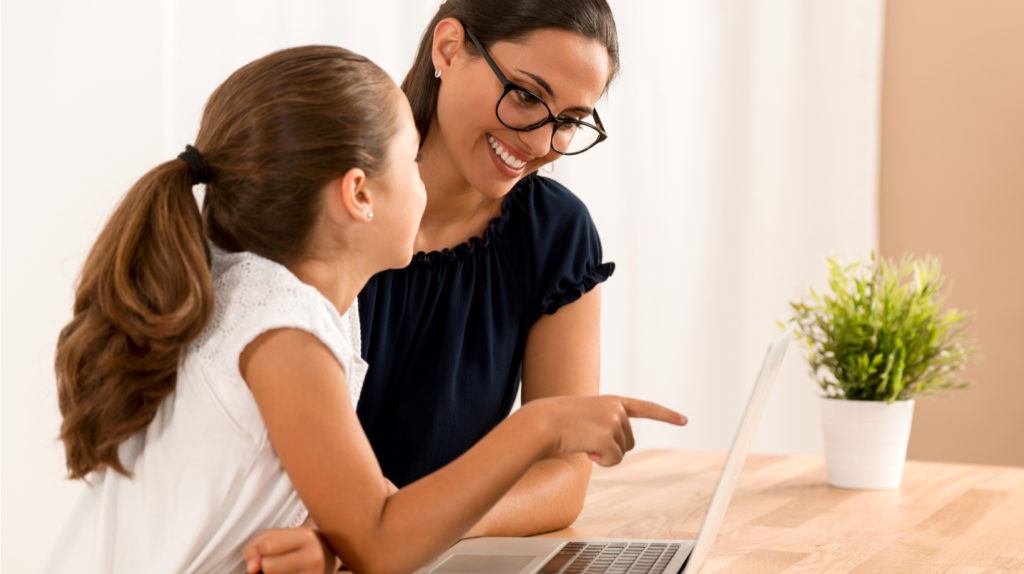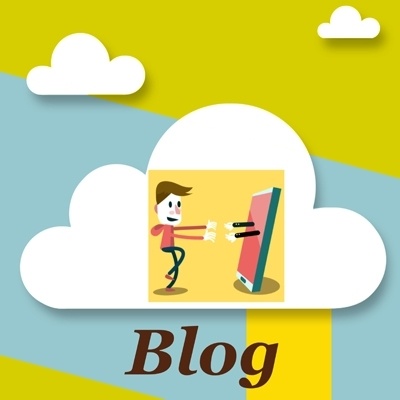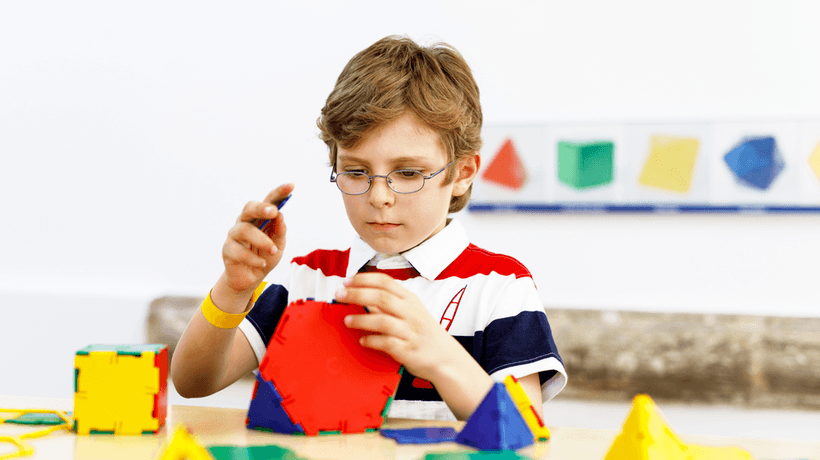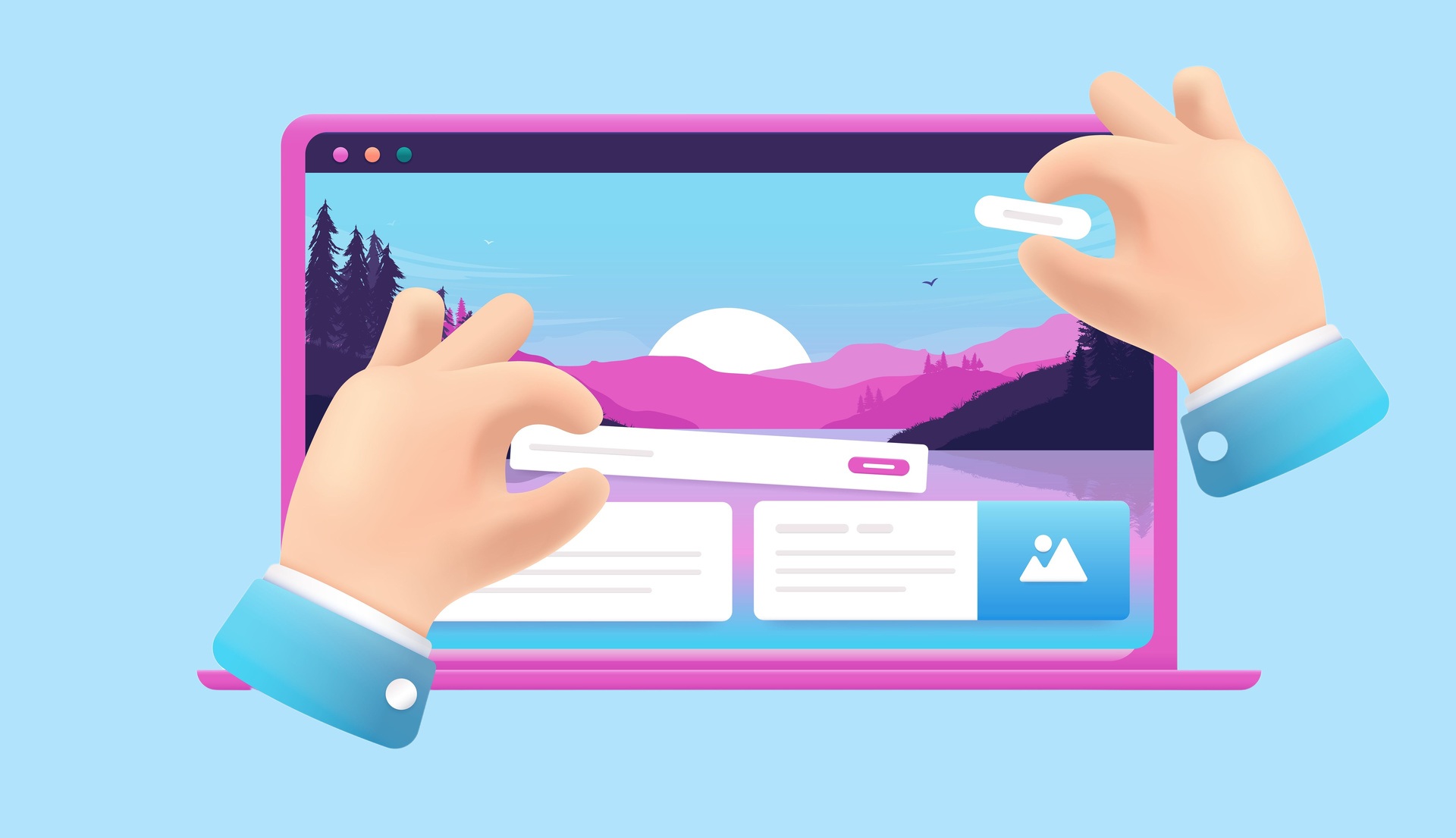How Blogging Teaches Children And Helps Them Become Digital Citizens
Do you know everything your child does online? Chances are, they probably don't know either, as apps and software develop so quickly that nobody really takes the time to understand what they use every day on their computers or smartphones.
Everyone using the internet should learn about managing and navigating themselves through cyberspace securely and safely, especially young people just familiarizing themselves with modern technology. Most children are first exposed to digital media from year one onwards as they come into contact with digital devices in their homes. However, this article focuses on children who can already read, write and use computers confidently, which is roughly by the age of ten onwards.
What Can Adults Teach?
Fortunately, there's a wealth of fantastic educational resources available for parents as well as teachers. They offer great advice on how to keep your youngsters safe online, and you can model the adequate and responsible use of digital media any time and anywhere. However, if the long-term goal is to enable them to use the web safely and responsibly by themselves without adults checking and guiding them, the best way forward is starting a blog for and with them.
What A Blog Can Teach
You've probably come across a blog at some point as they are everywhere now covering most topics, but current trends are blogging in the food, lifestyle, or fashion niche.
You might be surprised to see that there are some very informative and educational blogs out there written by teachers, researchers, or entrepreneurs. Because a blog is all about sharing your knowledge, skills, and experience and people will only read it if it contains useful and trustworthy information packaged in an attractive and meaningful manner.
Skills Any Young Person Can Learn From Blogging
-
Tech Know-How
They will learn how to register a domain, researching their ideal domain name. This will inform their understanding of how websites are founded and that they are a sort of online property that requires maintenance. They will also have to get a web hosting provider to host their blog, so they can compare and learn about the concept of web hosting and different models.
When setting up their blog they'll need to choose a platform such as WordPress. They will learn first hand how to choose a theme, how to arrange the layout and the content. This requires deep analysis, reflection, and planning, as they need to have an idea and concept for their blog. When thinking about their content, they'll have to research their target audience, important keywords, and ways to make it attractive and relevant for their future readers. Finding and using good plugins for this is essential, as well as creating graphics.
-
Literacy Skills
To write good blog articles the blogger needs to hone their grammar, spelling and semantic writing skills. Practicing by writing regularly will help to develop their own unique writing style and extend their vocabulary. When it comes to referencing, they will have to follow guidelines used in academics, as search engines and other professionals will expose flawed quotes.
-
Mathematical Skills
Doing keyword and target audience research for their blog can be a very analytical task, looking at many numbers and making sense of them. There are many analysis tools out there, such as Google Analytics or SEMrush, but they only provide you with the raw data. The blogger has to paint a picture of them in order to use it to improve their blogging. Once they earn with their blog they'll also have to use their calculation and documentation skills.
-
Digital Skills
Having an awareness of the do's and don'ts online will be vital, as they're responsible for anything they put on their blog. So, they will inevitably learn about data protection, online code of conduct, online regulations, copyright, and so forth. There are digital literacy curricula out there now and they also highlight the importance of these aspects. By actually working within the real world wide web they can understand these laws in context.
There are plenty more skills that can be learned through blogging depending on the topics or subjects it would cover. Say they’d blog about the environment or recycling, then so much could be learned about the latest innovations, systems, and trends. So, apart from the blogging itself, the blogger teaches themselves about their chosen field by writing and reading about it regularly.
Why Early Intervention Matters
According to iaps.uk quoting the Telegraph from September 2017:
- 72% of 12 to 15-year-olds have a social media profile
- 32% of 8 to 11-year-olds have a smartphone
- 21% of 12 to 15-year-olds play games with people they have never met
These statistics clearly show that the internet is taking over in young people’s lives through various channels. Rather than trying to stop them from using it, wouldn’t it be better to educate them about it? Being helpless or uninformed in exploitative online situations can lead to dangerous, humiliating and traumatic incidents.
Nobody wants their children to experience anything like this, and that's why becoming a responsible digital citizen through hands-on online experiences and learning should start early with adult guidance.
Just as in the real world, we need to prepare our children for the challenges and dangers in our digital world. And if we don't start now, when will they learn? Hopefully not when it's too late!









